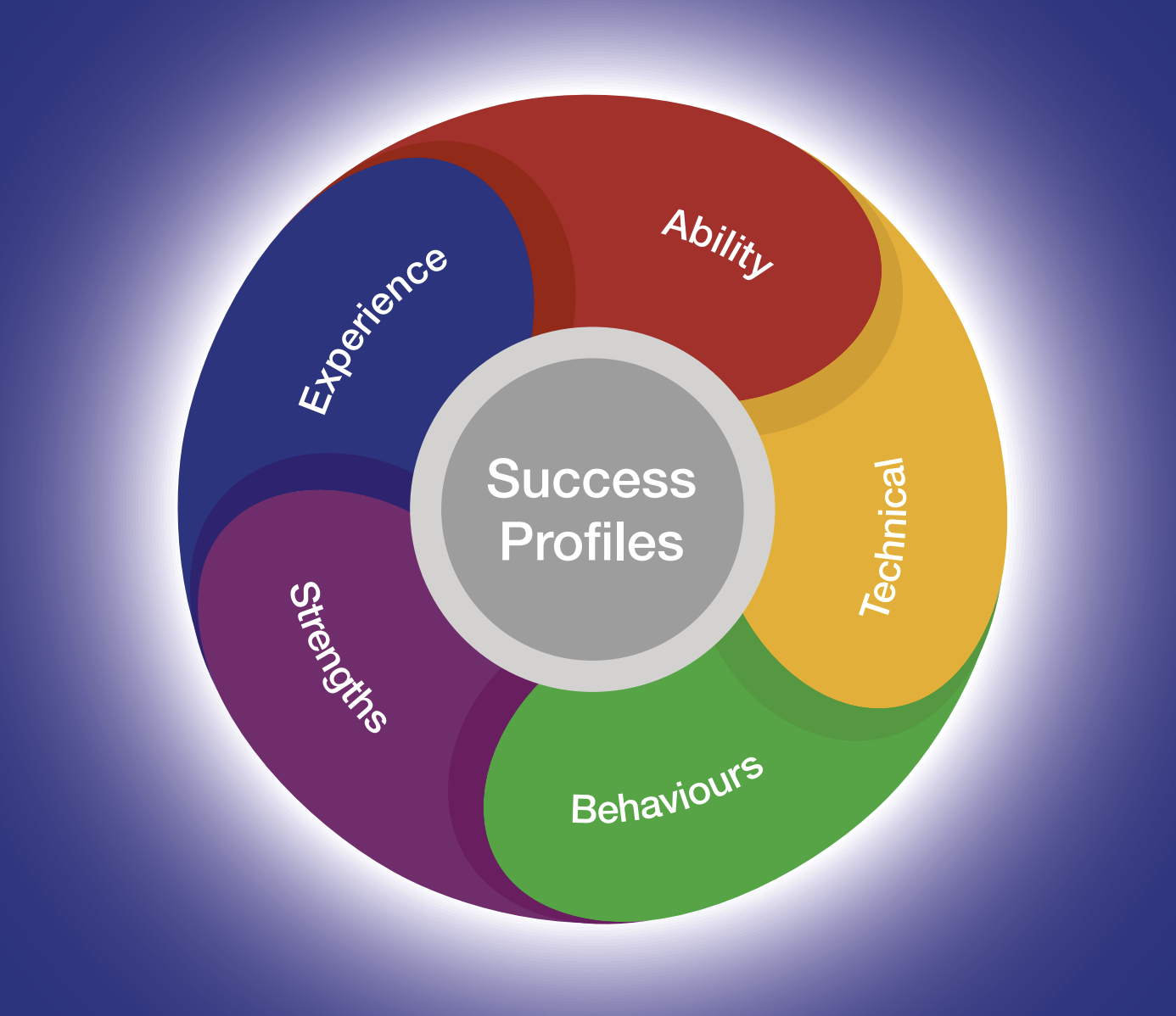What to expect next
The recruitment process, and what evidence is asked for, varies depending on the job you are applying for.
After you submit your application form, you’ll be invited to some of the following recruitment stages:
- online tests
- video interview
- final interview
- assessment centre

Online tests
When you apply for a job in the Civil Service, we may assess you using a psychometric test. Tests are an effective way of assessing people fairly, consistently and transparently. You may be asked to complete one or more of these – we’ll say whether this is the case on the job advert.
There are 7 commonly used tests:
– Civil Service Verbal Test (Verbal Test)
– Civil Service Numerical Test (Numerical Test)
– Civil Service Judgement Test (Judgement Test)
– Civil Service Management Judgement Test (Management Judgement Test)
– Civil Service Work Strengths Test (Work Strengths Test)
– Customer Service Skills Test (Customer Service Test)
– Casework Skills Test (Casework Test)
You can find out more about online tests, including practice tests and reasonable adjustments, on GOV.UK
Video interview
Some recruitment stages include a video interview, rather than over the phone or in person.
There are two types of video interview:
– a regular face-to-face interview in real-time via a video feed
– a pre-recorded interview where you will be asked to pre-record answers in response to interview questions presented to you via an online platform.
Final interview
Part of the assessment process will usually involve an interview. Generally, this will be face-to-face in person or via video.
The purpose of all interviews is the same: to assess your suitability for the job. An interview will usually last 45-60 minutes and you may be asked to describe specific occasions when you have demonstrated a certain skill or behaviour.
Before you attend an interview, look carefully at the job description and think about examples you can give of times when you have previously demonstrated the behaviours outlined. You may also wish to consider how you would handle similar situations in the future.
You may also be asked questions about what interests you and what you enjoy doing. These questions will help the interview panel assess your strengths and preferred style of working. Strengths are one of the Success Profiles elements.
Before the interview, it would be helpful to reflect on what you feel are your personal strengths and preferred ways of working.
Assessment Centre
An assessment centre will usually consist of a combination of different selection methods, such as an interview, a presentation, a written exercise and/or a role-play exercise.
Details of which selection methods will be used and what to expect on the day will usually be given in the letter inviting you to the assessment centre.

Feedback
Once you’ve completed the recruitment process, we will let you know the outcome.
At this final stage, we encourage you to ask for feedback, regardless of the outcome of your application, as this can help you in the future.

How we recruit

How to write your CV
For some jobs, you will be asked to provide a CV (curriculum vitae) as part of your application. Here you can find information on how to write the best CV.

How to write your personal statement
For some jobs you’ll be asked to provide a personal statement or statement of suitability. Find out how to stand out.

Demonstrating behaviours
Behaviours are the things that people do that result in effective performance. Read more about the behaviours we use to assess you.

Civil Service Success Profiles
The Civil Service recruits using Success Profiles. This means that for every role, we consider what you’ll need to demonstrate to be successful.
